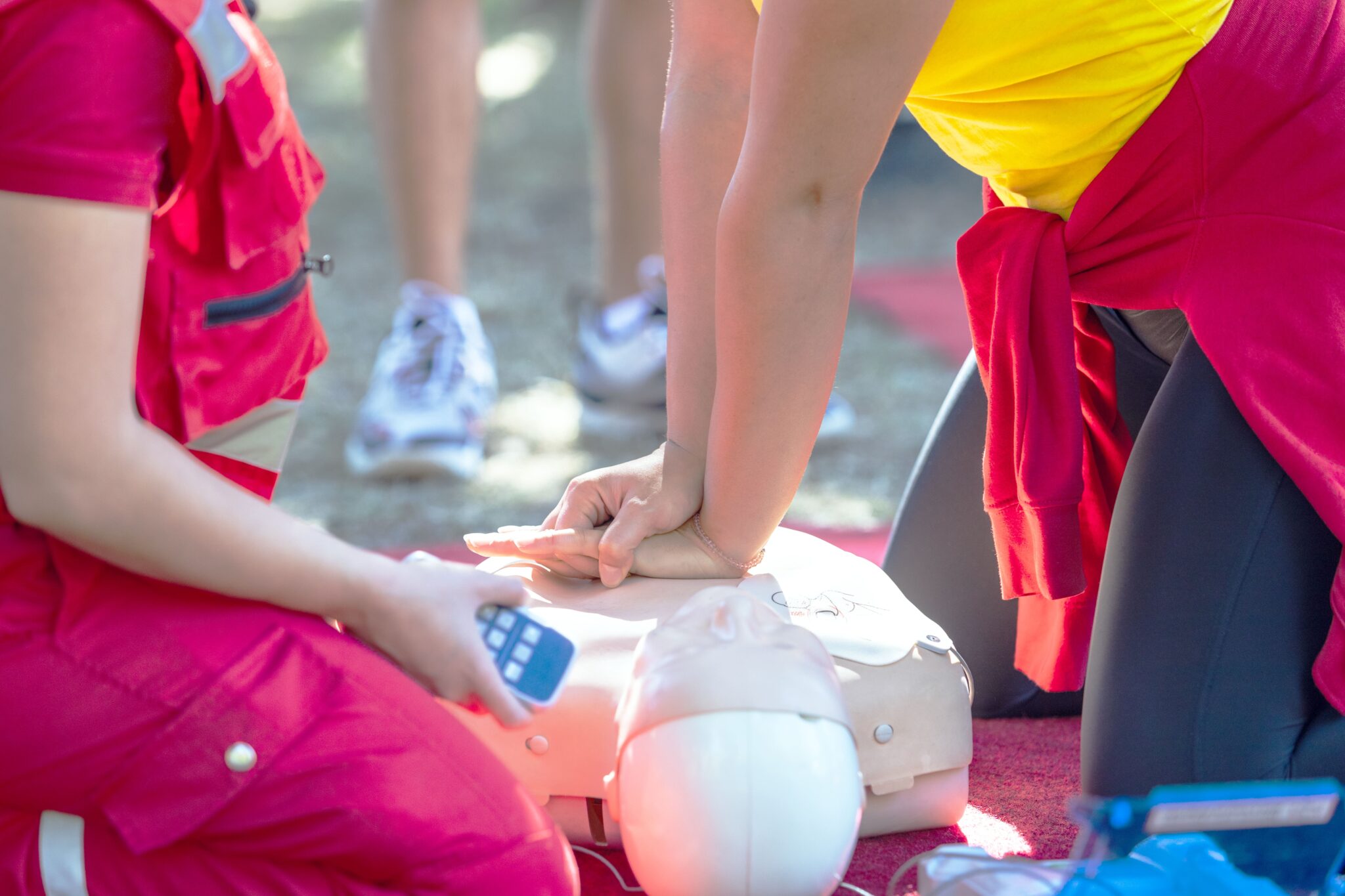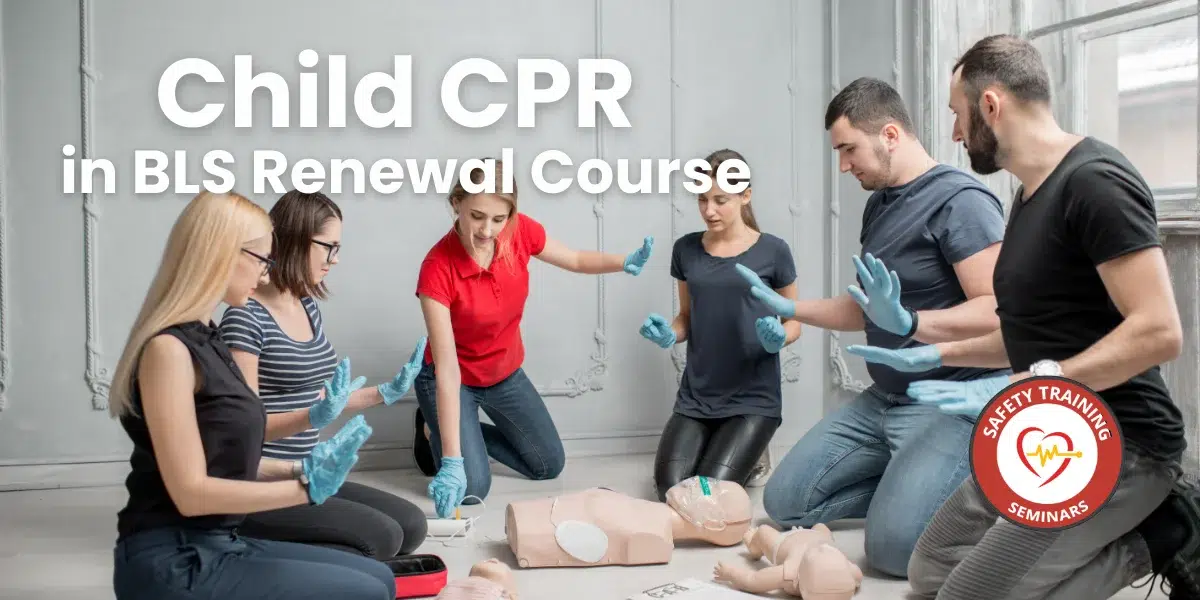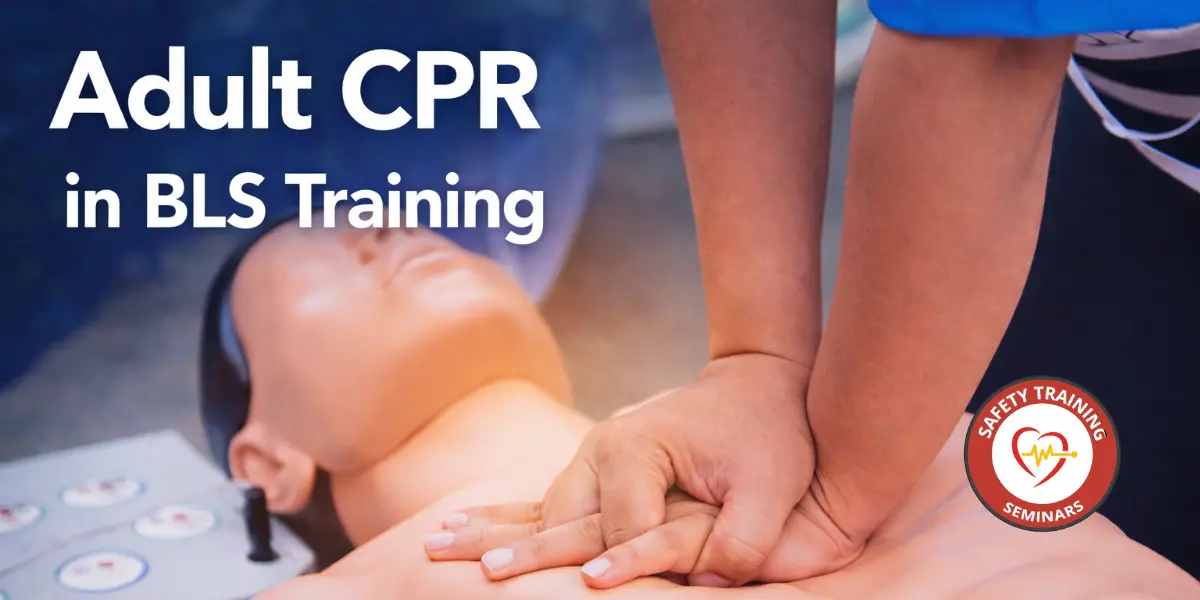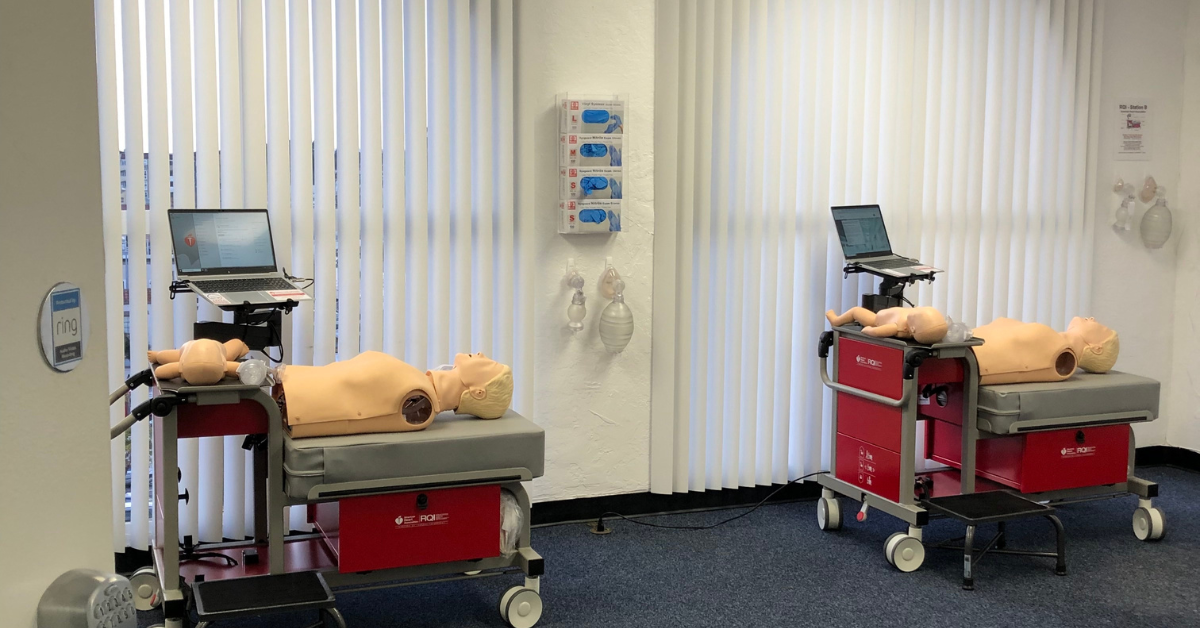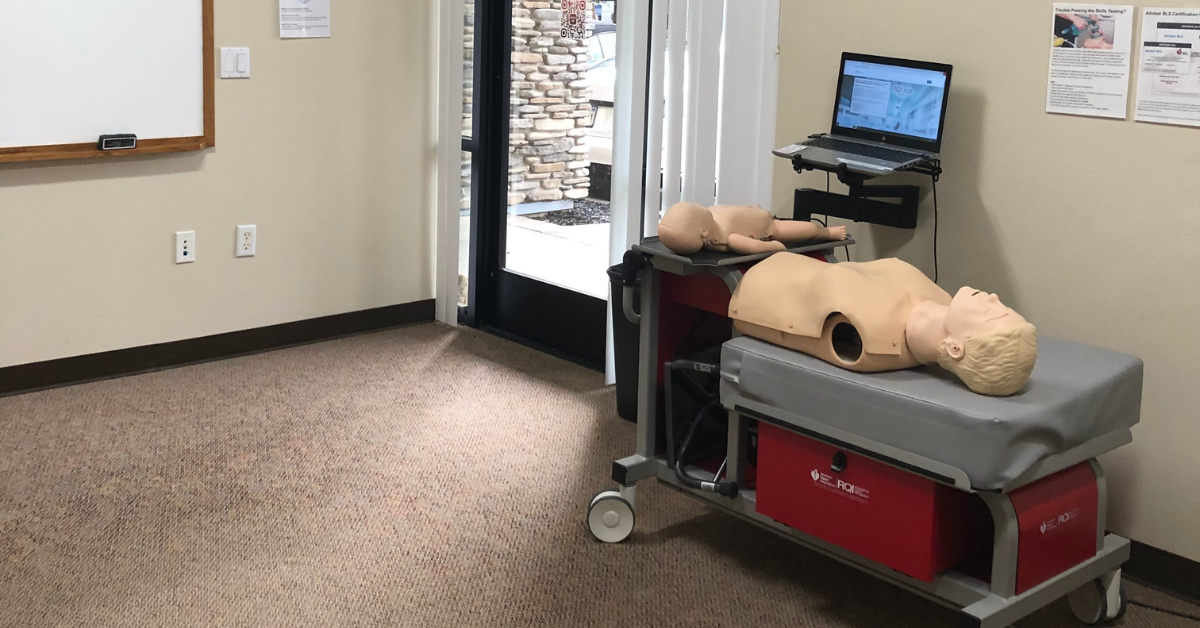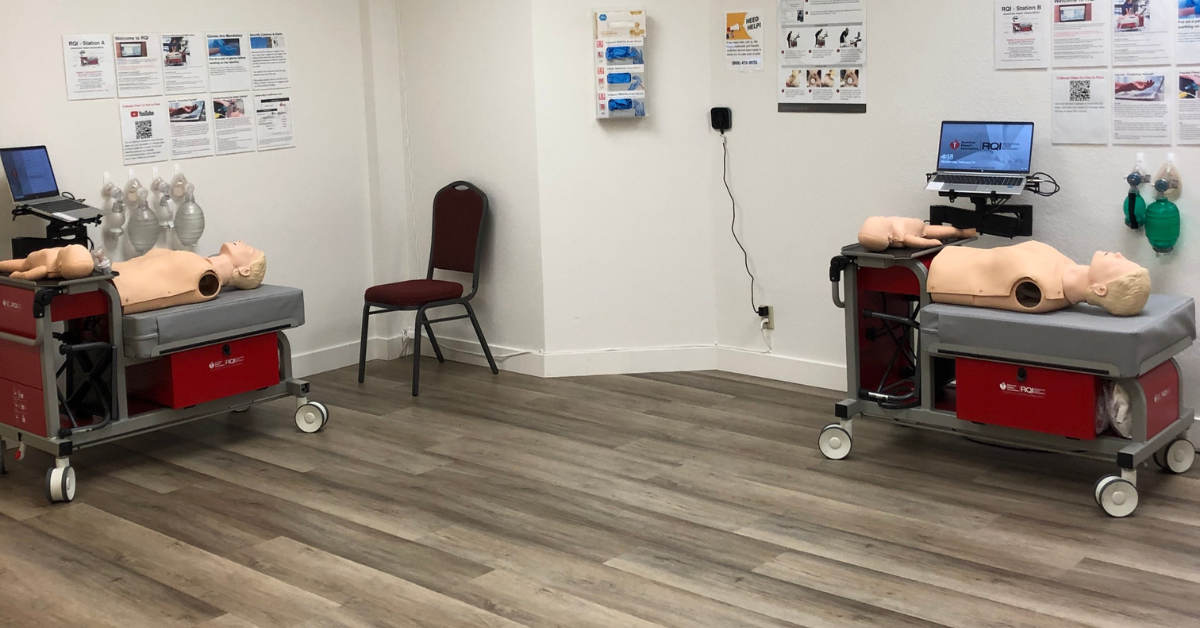In the ever-evolving world of healthcare, the demand for highly skilled and certified professionals continues to rise. Among the essential qualifications, earning a BLS certificate—Basic Life Support certification—is a non-negotiable standard for anyone involved in patient care. Whether you’re a seasoned nurse, an aspiring medical student, or an emergency responder, BLS certification is both a legal requirement in many clinical settings and a moral imperative.
What is BLS Certification?
Basic Life Support (BLS) refers to a set of life-saving techniques and protocols designed to sustain life during medical emergencies. These typically include:
- Cardiopulmonary Resuscitation (CPR)
- Use of Automated External Defibrillators (AEDs)
- Relief of choking (airway obstruction)
- Initial assessment and stabilization techniques
A BLS certificate ensures that a healthcare professional has the training and competence to effectively handle situations such as cardiac arrest, respiratory distress, and obstructed airways. Certification is typically issued by reputable organizations like the American Heart Association (AHA) and must be renewed every two years to remain valid.
A Legal and Institutional Requirement
In many healthcare environments, BLS certification isn’t optional—it’s a legal or organizational mandate. Hospitals, urgent care centers, nursing homes, dental clinics, and even outpatient surgical centers often require all employees, including administrative staff in patient-facing roles, to be BLS-certified.
Medical boards, accreditation organizations, and licensing bodies also frequently list BLS certification as a core requirement for employment or renewal of professional licensure.
Being BLS certified signals to employers and patients alike that you are prepared to act decisively in life-or-death situations. Without this certification, you may not even be considered for a role in most healthcare settings.
Enhancing Patient Safety and Outcomes
The primary goal of BLS certification is to equip healthcare professionals with the skills needed to preserve life until full medical care can be administered. In critical moments—such as when a patient suddenly collapses due to cardiac arrest—every second counts.
Timely and correct BLS interventions can:
- Double or even triple survival rates in cardiac arrest cases
- Prevent permanent brain damage by maintaining oxygen circulation
- Reduce complications caused by delayed or incorrect response
- Provide emotional reassurance to the patient and their family
Healthcare professionals with current BLS certification are statistically more likely to respond effectively and confidently during emergencies. This translates into better overall patient outcomes and higher satisfaction ratings for healthcare facilities.
Building Confidence and Reducing Liability
Uncertainty can cost lives when faced with a sudden medical emergency. BLS-certified healthcare professionals are trained to recognize and respond to emergencies rapidly, reducing hesitation and boosting confidence.
Additionally, hospitals and healthcare organizations reduce their risk of legal liability by ensuring that staff are properly trained in BLS protocols. In court cases involving emergency care, one of the most scrutinized factors is whether staff were adequately certified and acted in accordance with established procedures.
By being BLS certified, healthcare providers are not only protecting their patients but also safeguarding their own careers and reputations.
Keeping Skills Sharp in a Fast-Changing Medical Landscape
The world of healthcare is dynamic, and medical best practices are constantly being updated. BLS certification courses are revised every few years to reflect the most current clinical research, guidelines, and technologies.
During a BLS course, healthcare professionals refresh their knowledge in:
- Updated CPR compression-to-ventilation ratios
- New AED protocols or features
- Effective team-based resuscitation strategies
- Communication and documentation during emergencies
Ongoing BLS certification ensures that providers remain current with these critical changes and maintain clinical competence.
Preparing for Real-World Scenarios
One of the major benefits of BLS certification is the emphasis on hands-on practice and scenario-based learning. Simulated environments and interactive instruction help learners develop muscle memory and decision-making abilities that are crucial under pressure.
Some scenarios covered in BLS training may include:
- Managing a cardiac arrest in a crowded emergency room
- Performing CPR on an infant with a blocked airway
- Using an AED on a co-worker during a staff meeting
- Responding to a collapsed patient in a post-operative care unit
These practical simulations prepare healthcare workers to act swiftly and accurately in the field, where panic, chaos, and time constraints are often present.
Interprofessional Collaboration and Team Response
Healthcare delivery is increasingly team-oriented. During emergencies, collaboration among nurses, doctors, paramedics, and other professionals is vital. BLS training includes components on team-based resuscitation, communication under stress, and role assignment.
This collaborative training:
- Improves coordination during code blue scenarios
- Reduces errors caused by miscommunication
- Enhances overall workflow in high-pressure situations
In short, BLS certification not only prepares individual providers but also strengthens the entire clinical response team.
Increasing Employability and Career Advancement
Beyond the legal and ethical imperatives, BLS certification is also a strategic career move. Many employers use BLS as a filtering criterion when reviewing applications. Some job listings may require “BLS within 30 days of hire,” while others may not consider candidates who are not already certified.
Holding an active BLS certificate:
- Demonstrates initiative and preparedness
- Can give you an edge in competitive job markets
- Is often a prerequisite for promotions or specialty training (e.g., ACLS, PALS)
For students, interns, and new graduates, obtaining BLS certification before entering the job market can open doors and shorten onboarding timeframes.
Benefiting Non-Clinical Roles in Healthcare
It’s worth noting that BLS certification isn’t just for doctors and nurses. Other professionals who may benefit from—or be required to hold—a BLS certificate include:
- Medical and dental assistants
- Physical therapists
- Occupational therapists
- Radiology and ultrasound technicians
- Pharmacists
- Behavioral health professionals
- Administrative and support staff in clinical environments
BLS certification can be invaluable in any role where one may interact with patients or experience medical emergencies.
Serving the Community Beyond the Workplace
Many healthcare professionals are seen as role models and first responders even outside of work. Whether at a public event, during travel, or in a personal emergency, BLS-certified individuals are more capable of saving lives and managing high-stress situations calmly.
BLS certification also fosters a culture of preparedness, compassion, and leadership that extends beyond the clinic and into the broader community.
Certification That Fits into Your Busy Life
Healthcare professionals often struggle with demanding schedules, shift work, and limited downtime. That’s why it’s crucial to find training providers that offer flexibility, accessibility, and affordability without compromising quality.
If you’re in Northern California, there’s one name you can trust: Safety Training Seminars.
Why Choose Safety Training Seminars?
Safety Training Seminars is a woman-owned business proudly serving Northern California with over 65 convenient locations. Our mission is simple: make life-saving training accessible, affordable, and hassle-free for every healthcare professional.
Here’s why thousands of providers choose us for their BLS certification:
American Heart Association Courses
We offer official AHA-certified BLS, CPR, ACLS, and PALS training courses, recognized nationwide and accepted by all major employers and licensing boards.
Daily Classes – Including Weekends
Busy schedule? No problem. Classes are available every single day—even Saturdays and Sundays, making it easy to fit training into your life without disrupting work.
Low Price Guarantee
Get the best training at the best price. We proudly offer budget-friendly rates and back them with our low price guarantee, so you never overpay for essential certification.
Flexible Scheduling & Online Options
Many of our courses include hybrid learning options, combining online modules with in-person skills testing. You get the same certification with added convenience.
Easy Registration and Multiple Locations
With 65+ locations across Northern California, you’re never far from a training center. Registration is fast and seamless.
Ready to Get Certified?
If you’re a healthcare professional who still hasn’t earned or renewed your BLS certificate, now is the time. Don’t wait until an emergency catches you unprepared or until your license is on the line.
Sign up today with Safety Training Seminars and join thousands of certified professionals who are confident, capable, and ready to save lives—on the job and beyond.
Contact us to find a location near you and register for a course. With flexible schedules, unbeatable prices, and AHA-certified instruction, it’s never been easier to earn your BLS certification.


